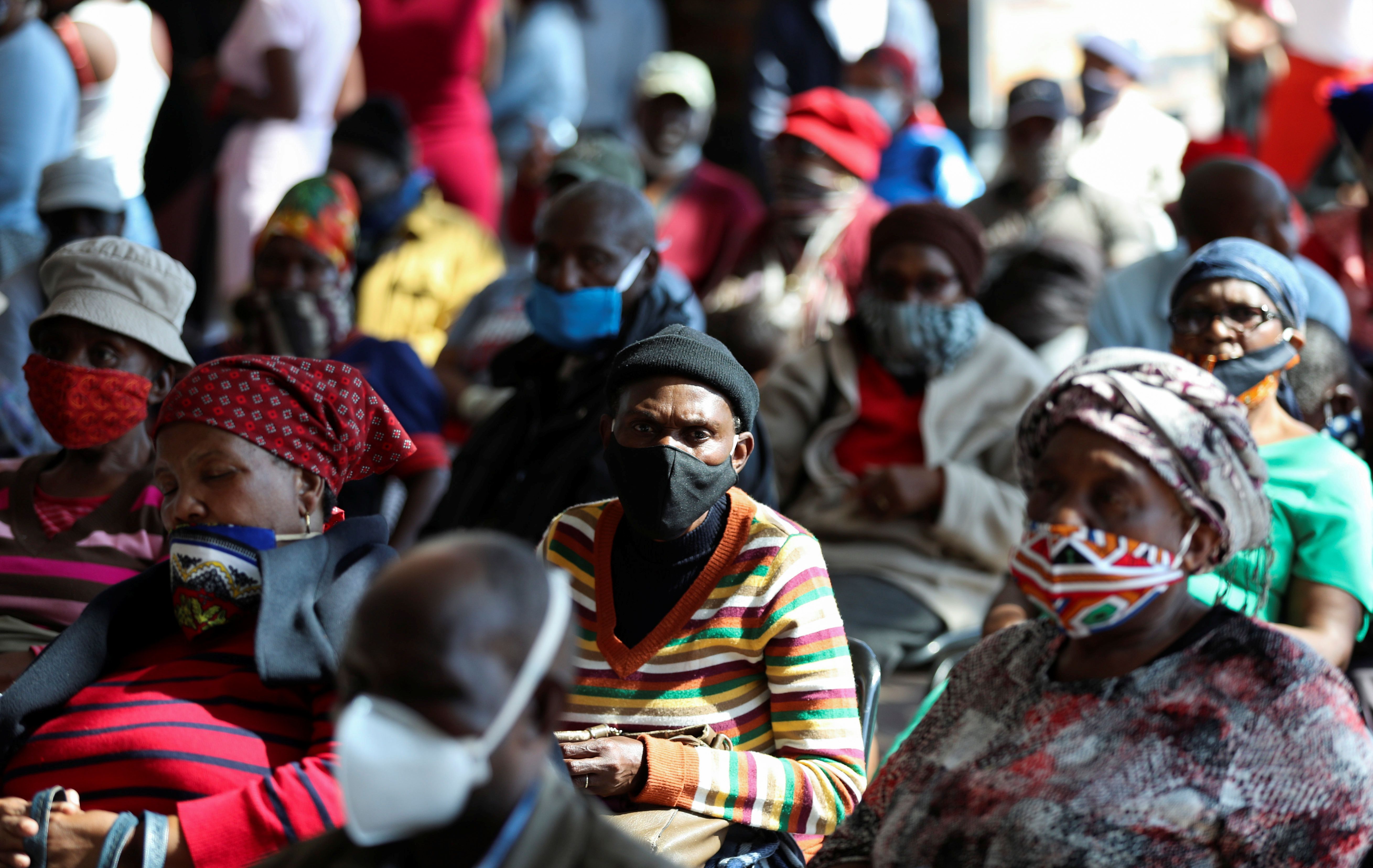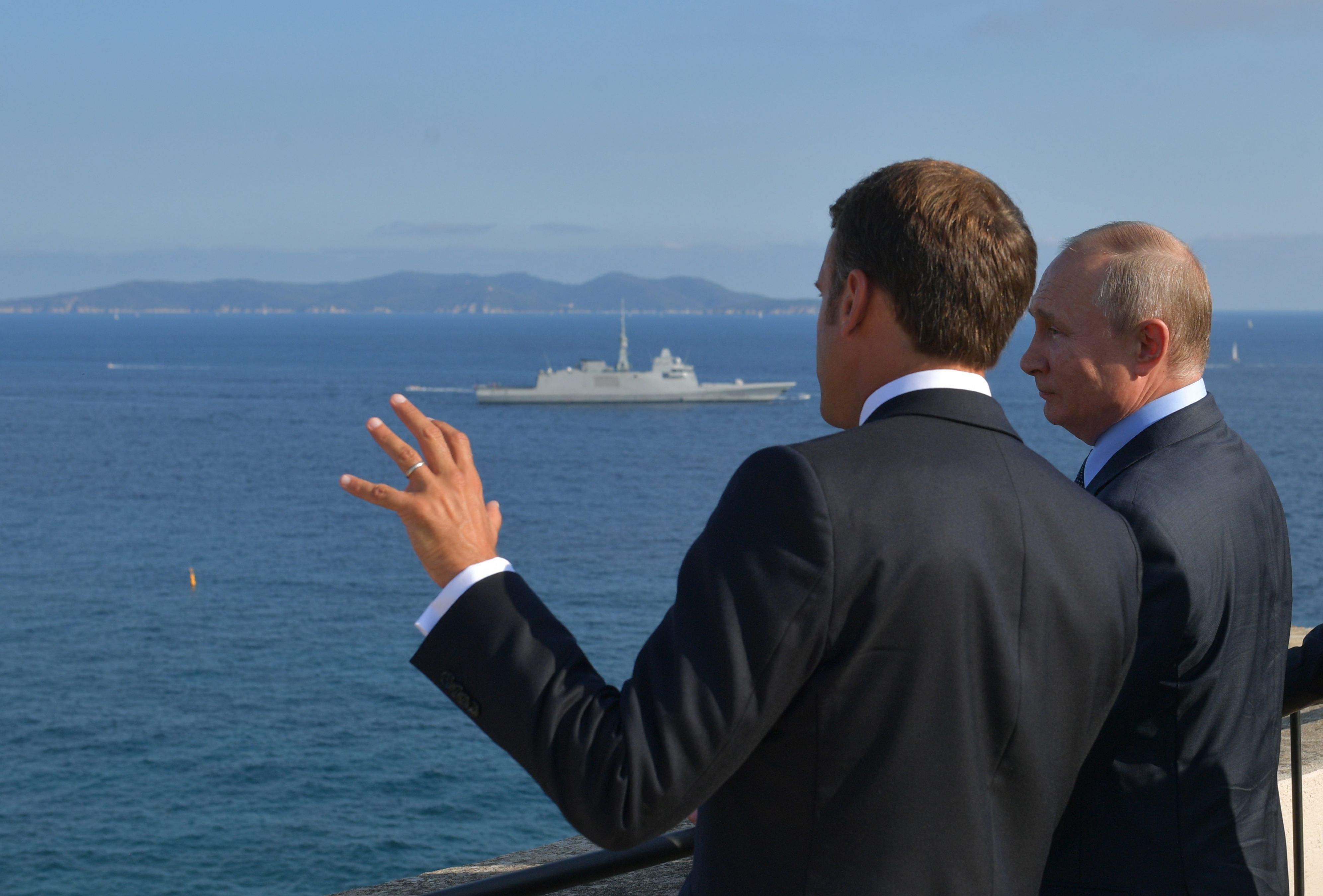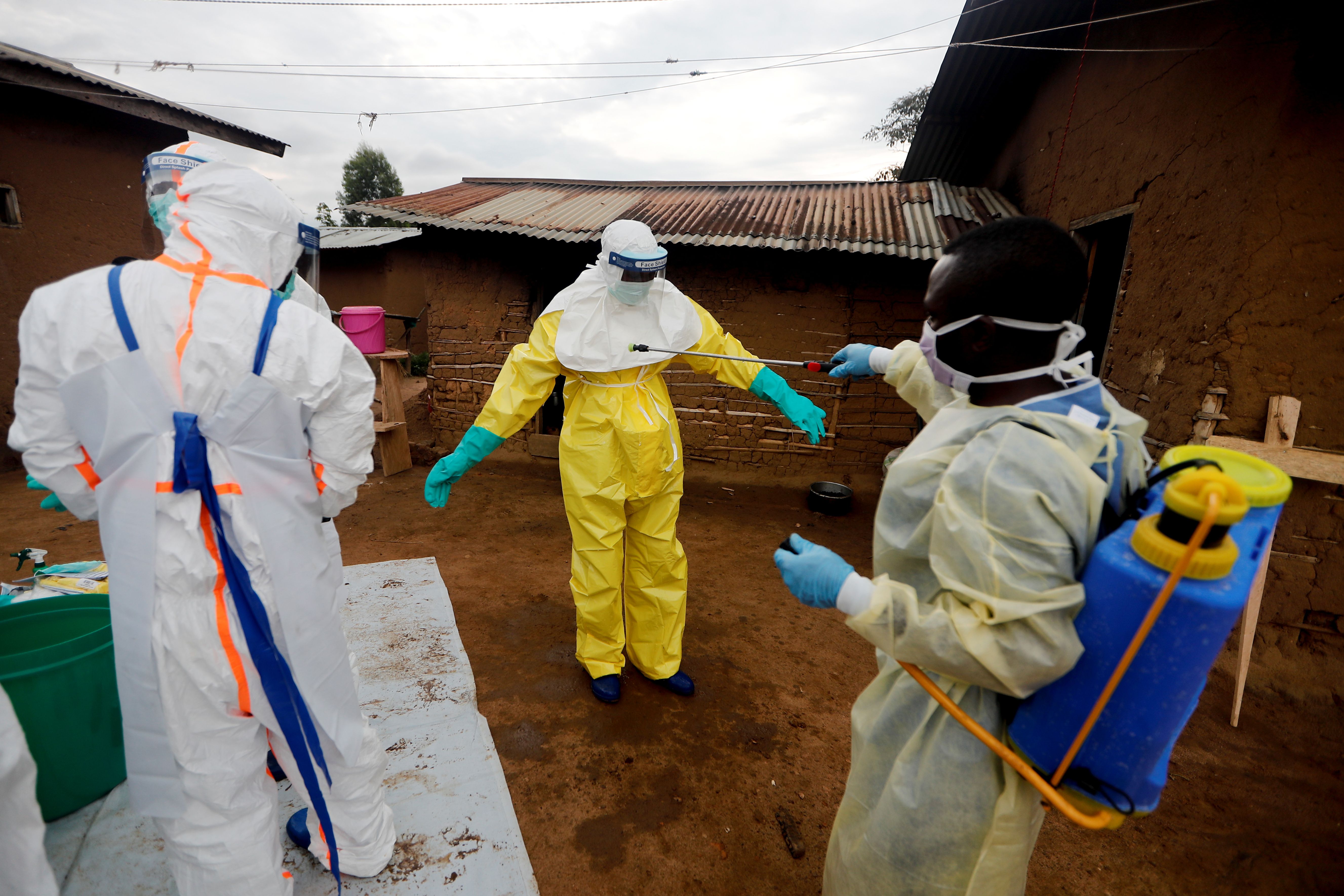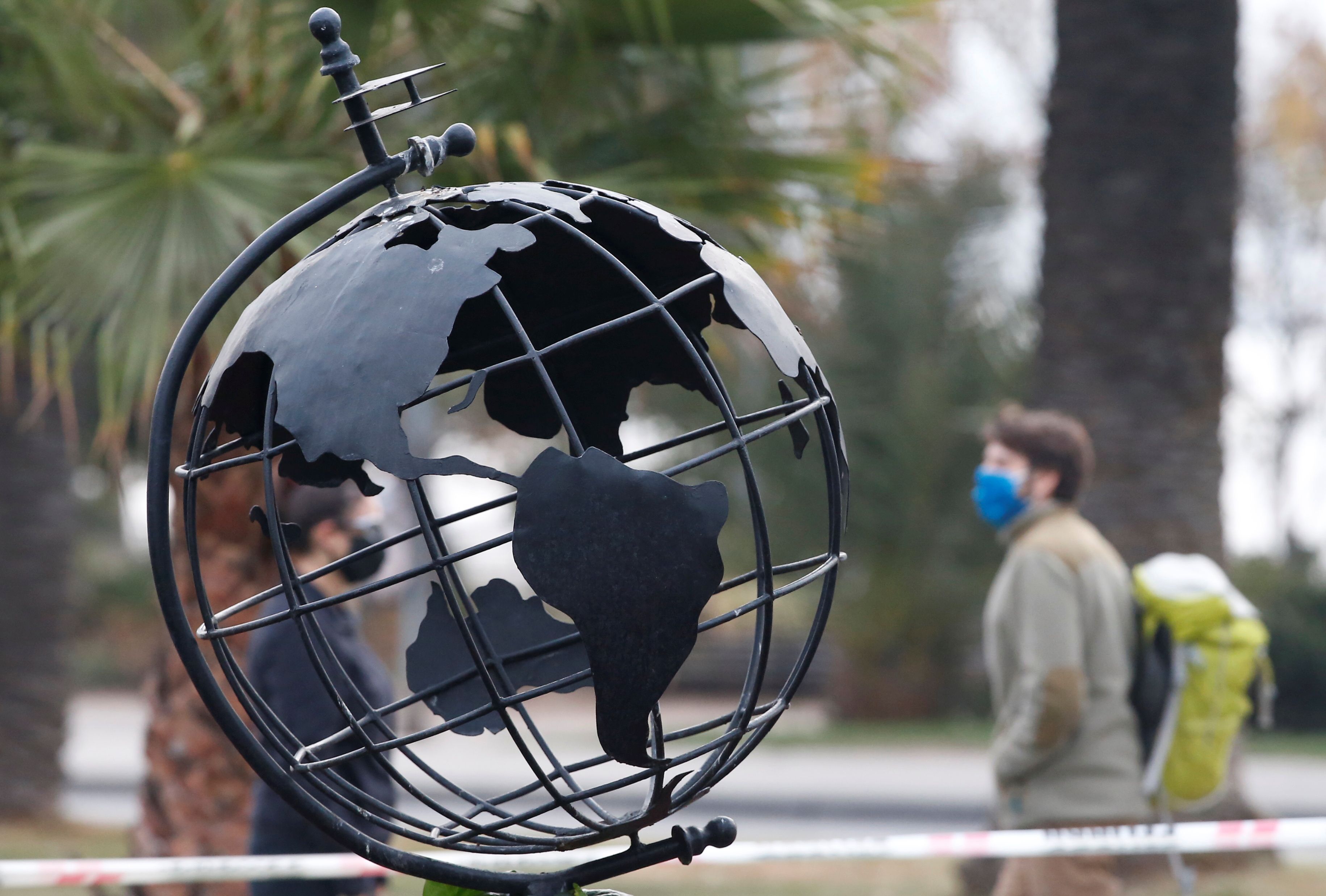France and African Debt: Testing Multilateralism

Even if Africa so far does not seem to be an epicentre of the pandemic, it is feared that the growth of COVID-19 cases on the continent will result in a great number of casualties. One of the obstacles to mobilising funds to face this crisis is debt service, which consumes a third of export gains and 13% of spending in Sub-Saharan Africa. In 2020, the debt of these countries amounted to a record $365 billion, $145 billion of which is due to China. The Paris Club, a grouping mainly of OECD states, holds about 20% of the African debt.
Also, an economic and humanitarian collapse in Africa could endanger the security of Europe and France’s interests on the continent, such as its Southern Neighbourhood policy, which is among its priorities.
Macron wants “mass debt relief” for African states. France also aims to transfer from Asia to Africa some European companies’ production . Given China’s role as one of the biggest creditors to African states, the success of the plan will simultaneously be a test of China’s intentions towards developing countries. Along with the reactions of Russia and U.S., the plan will test the strength of France and the EU in multilateral diplomacy.
Origins of the Initiative
France’s actions to help Africa counter the pandemic have been overhauled, starting in the beginning of April with the leak of an internal paper authored by the Centre for Analysis, Planning and Strategy (CAPS) of the French foreign ministry. The paper predicts the imminent fall of African governments because of the pandemic. The fact that the text was made public focused even more interest of commentators on an expected plan of help.
UN Secretary General António Guterres stated on 28 March that the coronavirus could kill millions in Africa. He asked the governments of the most developed countries to help the continent. France announced an action plan for Africa on 2 April. A day later, Macron held a videoconference with nine African leaders and the president of the African Union Commission, during which the French president presented a draft of a four-part plan, published subsequently as an open letter of 18 leaders (including France, Spain, Germany, the Netherlands, Italy, the presidents of the European Council and the EC, along with the presidents of Egypt, Angola, and South Africa).
A Plan for Africa
The first part assumes immediate medical aid—testing, research on medicines and a vaccine. Africa was to receive funds, among other assistance, for this purpose on 4 May, according to Commission President Ursula von der Leyen (announced as part of the EU’s “Global Response”). The countries of the EU and G20 donated €7.4 billion—with France giving €500 million—to the Global Fund to Fight AIDS, Tuberculosis and Malaria, the Bill & Melinda Gates Foundation, and the Vaccine Alliance (GAVI). The biggest non-donors were the U.S. and Russia. The second part aims to allocate about €100 billion for financial help for African states. A portion will help with debt cancellation. The participation of the World Bank, IMF, and African Bank of Development is expected. The third part is food and material help for the populations most affected by coronavirus containment restrictions. This aid would be distributed by the UN World Food Programme. The fourth part is support for African research centres and epidemiologists by centres in the most-developed countries (including Institut Pasteur from France).
France urges developed states to write off as much African debt as possible. In line with this plan, the Paris Club, G20 countries, and some private creditors have already suspended parts of this year’s payments (amounting to $20 billion). A similar decision by the World Bank concerning $12 billion in total is expected. The UN Economic Commission for Africa estimates that at least $100 billion in write-offs is needed to counter the effects of the pandemic. For France, the cost of just one-year’s suspension of aid will be $1 billion. But without writing off a part of the debt, the African states will simply have to make up the payments over the next three years. Experts doubt they can return that sum, given the probable recession of 2–5% of GDP this year, based on Word Bank forecasts. Besides the French plan, some additional funding has been activated for Africa, partly in new loans. Among them, $100 billion from the IMF, $14 billion in support for companies from the World Bank, and $20 billion from the EU. France has already allocated another €1.2 billion in development help, but only €150 million of it is a donation. It is possible that the rest will be written off with debt reduction-development contracts (C2D).
Political Dimension
China has had little reaction to calls for African debt relief. It has accepted the suspension of payments, but it will not likely agree to cancelling debt. Being a creditor gives it the opportunity to exert political pressure on developing countries and, in turn, also on UN agencies. China may eventually write off a part of the debt, fearing the insolvability of some African states, and blocking the plan could have a detrimental effect on its image in Africa.
France’s initiative allows it to star as the bridge between two poles within the EU, the northern and southern ones. The list of signatories of the open letter, as well as the reaction of key EU countries to the 4 May “Global Response”, confirm this. The EU authorities are also interested in transferring production from Asia to Northern Africa as a means to secure supply chains for Europe. This idea has already been supported by EEAS High Representative Josep Borrell who, in his paper for the top French think-tank IFRI, proved his far-reaching like-mindedness with the French vision of the Southern neighbourhood.
Russia’s absence is notable. At last year’s Russia-Africa Summit in Sochi, President Vladimir Putin noted that Russia had written off $20 billion in African states’ debt (taken on partly during the Soviet era). Russia may be France’s rival in Africa, but French diplomats like to remind African states that domination by both Russia and China carries significant risk. Russia is unwilling to play along with France, which would increase the latter’s role in the UN Security Council, because the former views itself as one of the three top global powers (along with the U.S. and China).
The U.S. position is equally unclear. In recent years, the American authorities have been very sceptical when it comes to writing off African states’ debt. Simultaneously, it has criticized China for indebting Africa. The U.S. favours treating each country separately, so it is likely to ignore any initiative that reinforces the EU’s or France’s position on the global stage. The Americans probably will engage in bilateral development and humanitarian cooperation with select countries.
Conclusions and Prospects
The success of the French initiative for Africa could help countries on the continent avoid collapse and—after a long period of growing Chinese influence—increase the popularity and impact of the EU and France. It could also highlight the prestige of France as a “balancing power” and future negotiator or promotor of UN reform. However, the non-EU partners of France will try to minimise the costs of their engagement or even ignore the initiative. If in the end the developed world’s efforts for Africa are disappointing, the dissatisfaction could turn against France.
However, the plan may engage the EU to be more proactive in global affairs. Germany is an obvious partner to France in this field, but giving the impression that the Union is more focused on its Southern neighbourhood than its Eastern one, can be problematic for Germany. France might also use the discussion about African debt relief to initiate another one about restructuring some EU members’ debt, complicating the functioning of the eurozone.
An EU trust-building policy towards Africa is beneficial for Poland. The pandemic emphasizes the meaning of development aid as an instrument of foreign policy. Poland can prove its engagement by adding additional funding for the five priority countries of the Polish Aid programme. But an effort also is needed to maintain balance in EU policy towards its Eastern and Southern neighbourhoods. Allocating additional funds for the South raises the possibility of increase for East as well.





